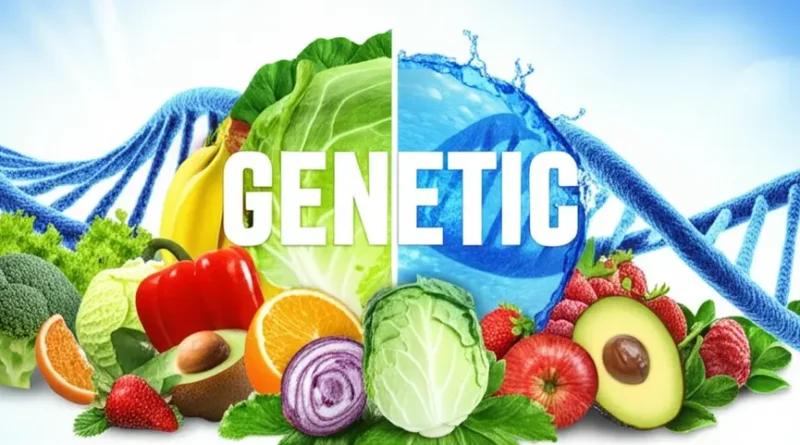The Role of Genetics vs. Lifestyle in Aging Gracefully
Aging is an inevitable journey that every individual embarks upon, yet the experiences and appearances of those years can vary significantly from person to person. This variance raises an important question: to what extent do genetics shape our aging process compared to lifestyle choices? Understanding the interplay between these two factors is crucial for anyone seeking to age gracefully.
Genetics: The Blueprint of Aging
Genetics lays the fundamental groundwork for how our bodies age. Each person has a unique set of genes inherited from their parents, which can influence everything from skin elasticity to the likelihood of developing age-related diseases. For instance, certain genetic markers may predispose individuals to conditions such as Alzheimer’s or heart disease, which can become more prevalent as we grow older.
Interestingly, research suggests that as much as 25% of our lifespan can be attributed to genetic factors. For instance, families with a history of longevity often share genetic traits that promote cellular repair, efficient metabolism, and protection against common age-related ailments. Identifying these variants has led to advancements in personalized medicine and targeted therapies that can help mitigate age-related declines.
However, it’s essential to recognize that while genetics sets the stage, it does not act alone. The expression of our genes can be influenced by a host of factors, including environmental conditions and lifestyle choices.
Lifestyle: The Sculptor of Aging
If genetics are the blueprint for aging, then lifestyle choices are the sculptor, actively shaping how those genetic predispositions unfold over time. Factors such as diet, physical activity, smoking, and alcohol consumption can significantly influence how we age.
Nutrition plays a pivotal role in aging gracefully. Diets rich in antioxidants, healthy fats, lean proteins, and whole grains have been associated with decreased inflammation and cellular damage. For example, the Mediterranean diet, abundant in fruits, vegetables, olive oil, nuts, and fish, has been tied to a lower risk of age-related diseases and improved longevity.
Regular physical activity is equally important. Exercise has numerous benefits, including enhanced cardiovascular health, better bone density, improved mood, and increased cognitive function. Engaging in moderate to vigorous activity for at least 150 minutes a week can help maintain vitality and delay the onset of age-related disorders.
Moreover, mental health cannot be overlooked in the conversation about graceful aging. Social connections, lifelong learning, and mindfulness practices contribute to emotional well-being, which is intricately linked to physical health. Individuals who remain socially active and engaged in stimulating activities tend to experience fewer cognitive declines as they age.
The Interaction of Genetics and Lifestyle
The relationship between genetics and lifestyle is not strictly one-sided. Rather, it is a dynamic interplay. For example, a person with a genetic predisposition to cardiovascular disease can counteract this risk through a heart-healthy lifestyle. This principle is highlighted in the concept of epigenetics, where environmental factors and personal behaviors can modify gene expression, thereby influencing health outcomes.
A growing body of research supports the idea that while we may be born with certain genetic traits, our choices can empower us to alter our aging trajectory. Adopting a healthier lifestyle can lead to better health outcomes, irrespective of our genetic makeup. This empowers individuals to take control of their health and well-being as they age.
Finding Balance: Strategies for Aging Gracefully
To maximize the potential of both genetics and lifestyle, individuals can adopt several strategies:
- Prioritize Nutrition: Focus on whole foods rich in nutrients while minimizing processed and sugary items.
- Stay Active: Incorporate a variety of exercises—strength training, aerobic activities, and flexibility exercises—into your routine.
- Manage Stress: Utilize mindfulness practices, yoga, or meditation to maintain emotional well-being.
- Foster Relationships: Build and maintain social connections that keep you engaged and fulfilled.
- Check Up Regularly: Routine health screenings can catch potential problems early, allowing for better management and prevention.
Embracing both your genetic heritage and making informed lifestyle choices can lead to aging gracefully. While we cannot change our genetic disposition, we can certainly influence how we age through intentional actions.

